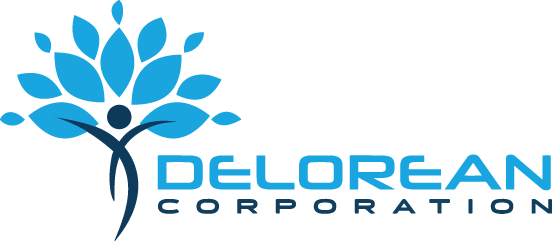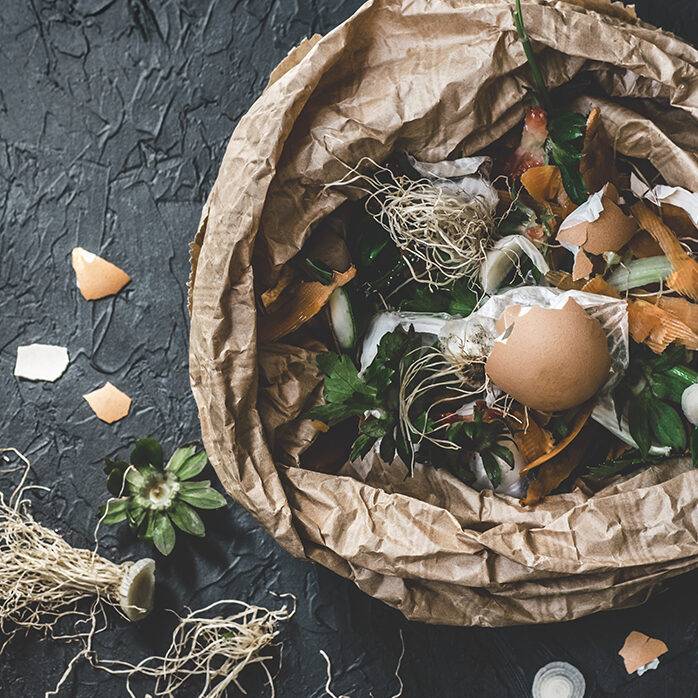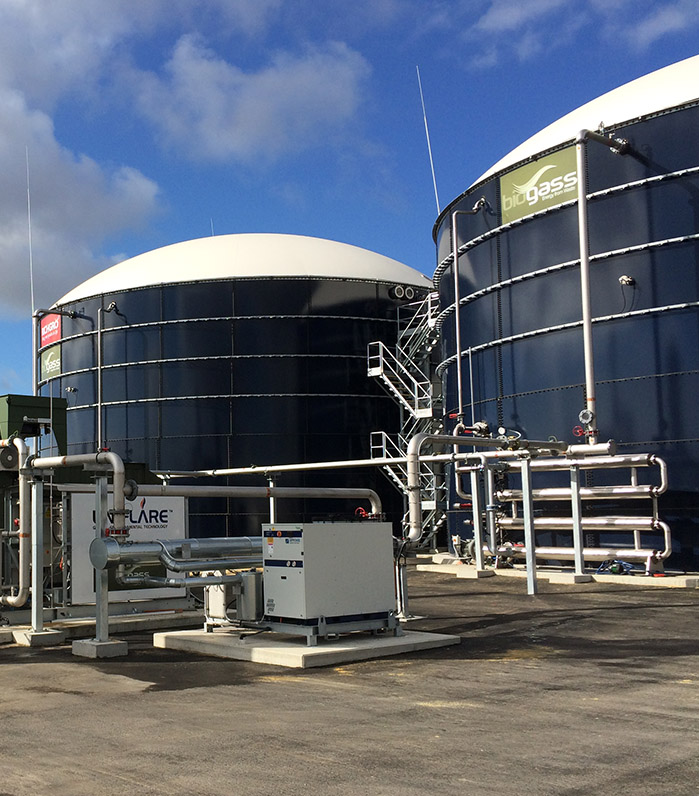Delorean’s Engineering Division (formerly Biogass Renewables) is Australia’s leading bioenergy infrastructure construction company for third parties. Business activities include Engineering, Procurement and Construction (EPC), and Operation and Management (O&M) of anaerobic digestion bioenergy plants.
Delorean Corporation also has extensive experience in tank manufacture, pipework and structural steel fabrication and we commercially engineer solutions for our projects, ranging from stainless steel lined tanks to custom-made structural steel and heat exchanger infrastructure.







